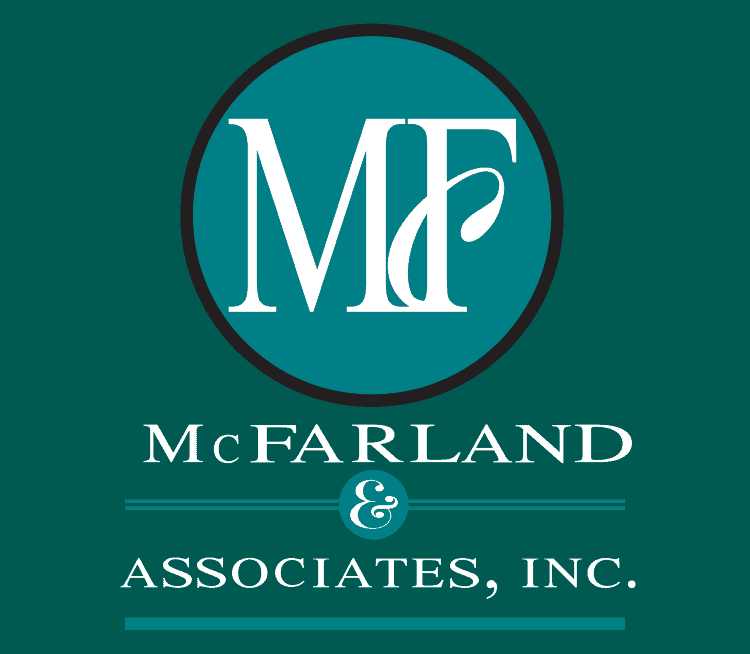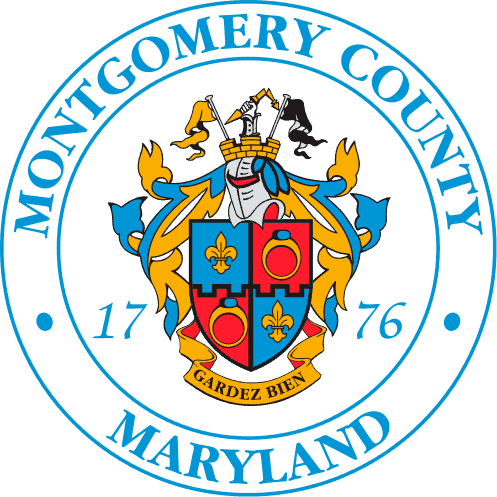April is Autism Awareness Month. Autism Spectrum Disorder (ASD) is a lifelong neurodevelopmental condition that affects how people communicate, interact socially, and experience the world around them. Symptoms vary widely and can include difficulties with verbal and nonverbal communication, repetitive behaviors, and intense focus on specific interests. Recent data from the Centers for Disease Control and Prevention (CDC) shows that Black children are now being diagnosed with autism at higher rates than White children—37 per 1,000 compared to 28 per 1,000. While this may reflect progress in outreach and access to evaluations, Black children are still diagnosed later than their White peers, often after years of missed opportunities. Misdiagnosis, systemic bias in healthcare, and limited access to autism specialists all contribute to a cycle of delayed care and inequitable outcomes. Many Black adults with autism grew up without ever being evaluated, forced to adapt in silence while navigating educational, professional, and social systems that were not built with them in mind. Fortunately, more organizations are stepping up to fill these gaps with resources for late diagnosis, peer support, and advocacy, helping Black autistic children and adults find connection and community.
In recent months, public conversation around autism services has grown more urgent due to significant shifts in federal leadership and policy. The appointment of Robert F. Kennedy Jr. as Secretary of Health and Human Services has sparked alarm among autism advocates and medical professionals. Kennedy has publicly questioned the CDC’s established findings on autism and made controversial remarks about the long-term prospects of individuals on the autism spectrum. Actress and longtime autism advocate Holly Robinson Peete described Kennedy’s comments as “institutionalized hopelessness from the very office that’s supposed to protect public health.” These developments, along with growing concerns about potential cuts to evidence-based services, have left many families, providers, and advocates unsettled about the future of autism care in the United States. Amid these changes, it’s crucial to reaffirm support for individuals with autism and their families. Montgomery County parents and adults affected by autism can access a wide range of support and resources. Montgomery County Public Schools provides autism services for students from elementary through age 21, delivering intensive instruction based on Applied Behavior Analysis principles. The County’s Department of Health and Human Services offers the Autism Waiver program, providing home and community-based services for eligible children. Organizations like Pathfinders for Autism, Maryland’s largest autism organization, provide education and resource connections. For adults with autism and their families, Autism Speaks provides tools, support programs, and guidance on housing, employment, and independent living. Autism resources can also be found in Montgomery County’s Disability Network Directory.
If you or someone you know needs some guidance in finding resources, contact AAHP’s social worker, Mrs. Wanda Smith at wsmith@mcfarlandassociate.com or (240)773-0396.


